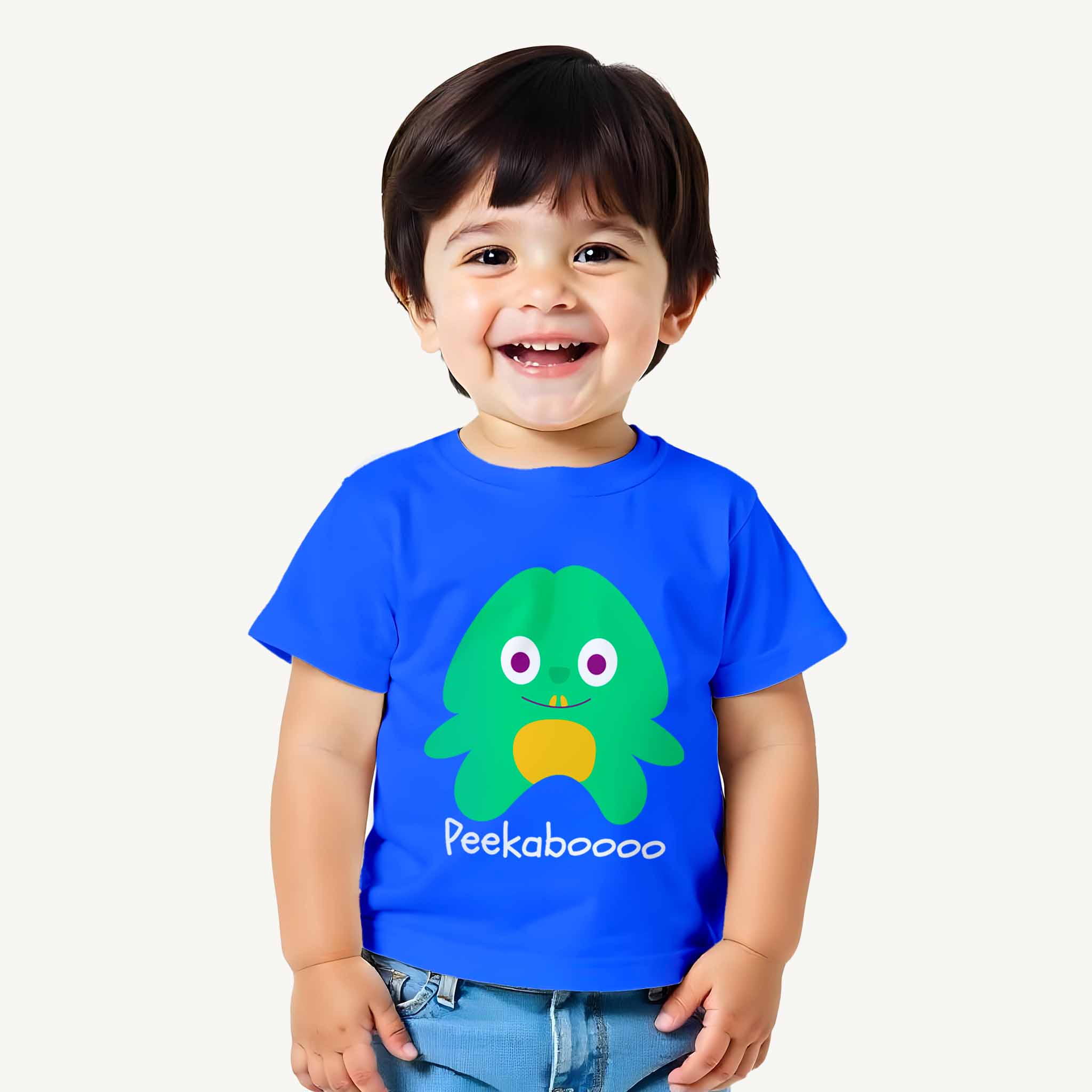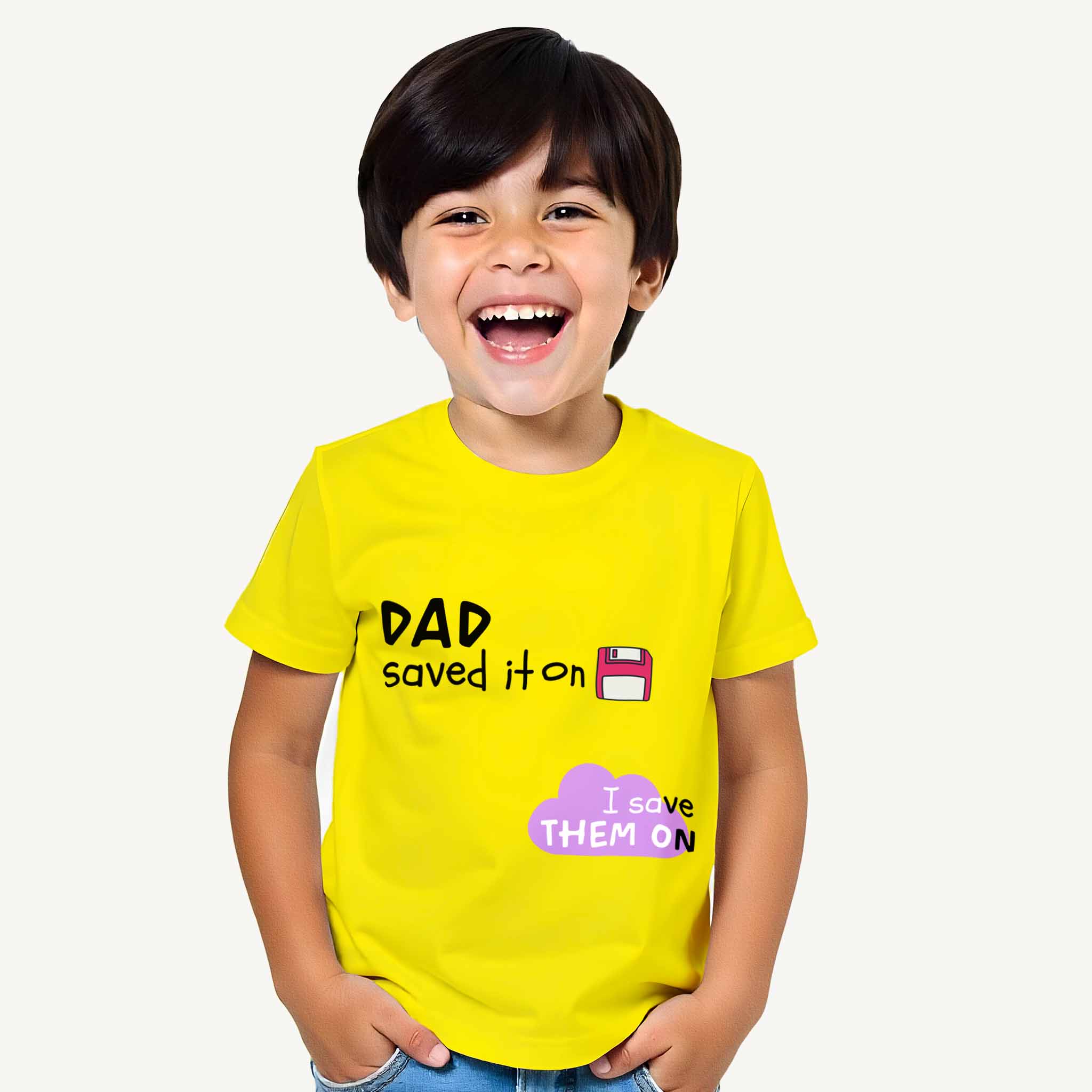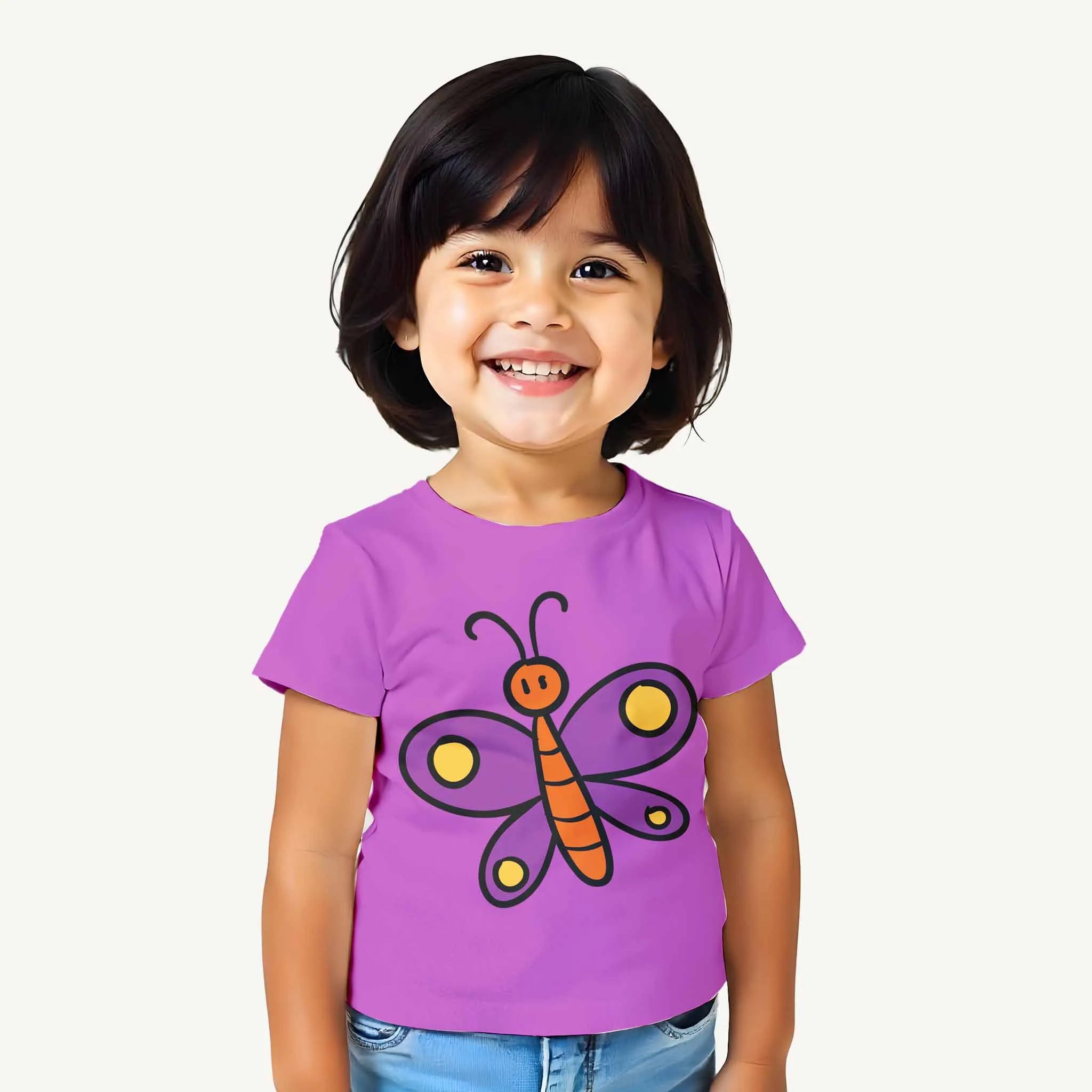From a Parent to a Parent
Hello there, fellow parent!
We've all been there - watching our little ones scatter toys across the living room like confetti at a parade, leaving us with a mini obstacle course by the end of the day. At some point, the thought crosses our mind: "Shouldn't they start helping around the house?"
The answer is yes - but with the right timing and approach. Let's talk about when to introduce chores to kids, how to make it a positive experience, and why it matters more than you might think.
What Are Chores, Really?
In simple terms, chores are everyday tasks that keep our home running smoothly - tidying up, setting the table, watering plants, folding laundry, and so on.
For kids, chores aren't just "helping out"; they're life lessons in responsibility, independence, and self-care.
When to Start: The Right Age Matters
You don't have to wait until your child is in middle school to introduce chores. In fact, experts agree that children can start as early as 2-3 years old with simple, age-appropriate tasks.
Here's a quick guide:
Ages 2-3 (Toddlers)
-
Put toys in a basket
-
Place dirty clothes in a hamper
-
Help wipe spills with a small cloth
Ages 4-6 (Early Primary)
-
Make their bed (simple version)
-
Set the table for meals
-
Water plants
-
Help feed pets
Ages 7-9 (Primary)
-
Fold small laundry items
-
Pack their school bag
-
Sweep small areas with a kid-friendly broom
-
Help with simple cooking steps (stirring, washing veggies)
Ages 10+ (Pre-Teens)
-
Take out the trash
-
Make simple snacks
-
Organise their wardrobe
-
Assist with grocery shopping
How to Introduce Chores Without a Fight
-
Start small - Begin with easy, manageable tasks
-
Make it fun - Turn chores into a game or play music while doing them
-
Show, don't just tell - Demonstrate how it's done before expecting them to do it
-
Appreciate effort - Praise them for trying, even if it's not perfect
-
Be consistent - Assign chores regularly so they become routine
Why Chores Matter: The Benefits
Merits of Introducing Chores Early
-
Builds a sense of responsibility
-
Encourages independence
-
Improves motor skills and coordination
-
Teaches teamwork and empathy
-
Prepares them for adult life
Potential Demerits (and How to Avoid Them)
-
Overloading kids with too many tasks can lead to stress → Solution: Keep chores age-appropriate
-
Expecting perfection too soon can frustrate kids → Solution: Focus on effort, not results
-
Using chores as punishment can make kids resent them → Solution: Treat chores as normal life skills, not penalties
The Flow of Teaching Chores
-
Demonstrate - Show your child exactly how the task is done
-
Assist - Do it together the first few times
-
Observe - Let them try it on their own while you guide
-
Trust - Give them full responsibility for the task
How Guugly Wuugly Fits Into This
One of the simplest chores kids can manage is organising their own clothes - and here's where quality matters. When your child's wardrobe is filled with comfortable, easy-to-fold cotton t-shirts, it makes the task easier, more enjoyable, and teaches them how to care for their belongings.
At Guugly Wuugly, our breathable, skin-friendly fabrics mean kids can learn these skills while handling safe, high-quality clothing that lasts wash after wash.
Explore our kidswear collection here and see how the right clothes make even small chores easier for your little ones.
Final Thoughts
Chores aren't just about keeping the house tidy - they're about preparing kids for life. By starting early, keeping it fun, and respecting their pace, you're giving them lessons they'll carry into adulthood.
So, next time you hand them a t-shirt to fold or a plant to water, remember - you're not just assigning a chore. You're building their character, one small task at a time.
With love from Guugly Wuugly ❤️
FAQs Parents Often Ask
1. At what age should I start giving my child chores?
You can start as early as 2-3 years with simple, supervised tasks.
2. How can I make chores fun for kids?
Use games, music, and teamwork to keep it engaging.
3. Should I give my child a reward for doing chores?
Praise and encouragement work best, but occasional small rewards can motivate younger kids.
Note: Certain images in this blog have been created with the help of AI to visually support the content.







